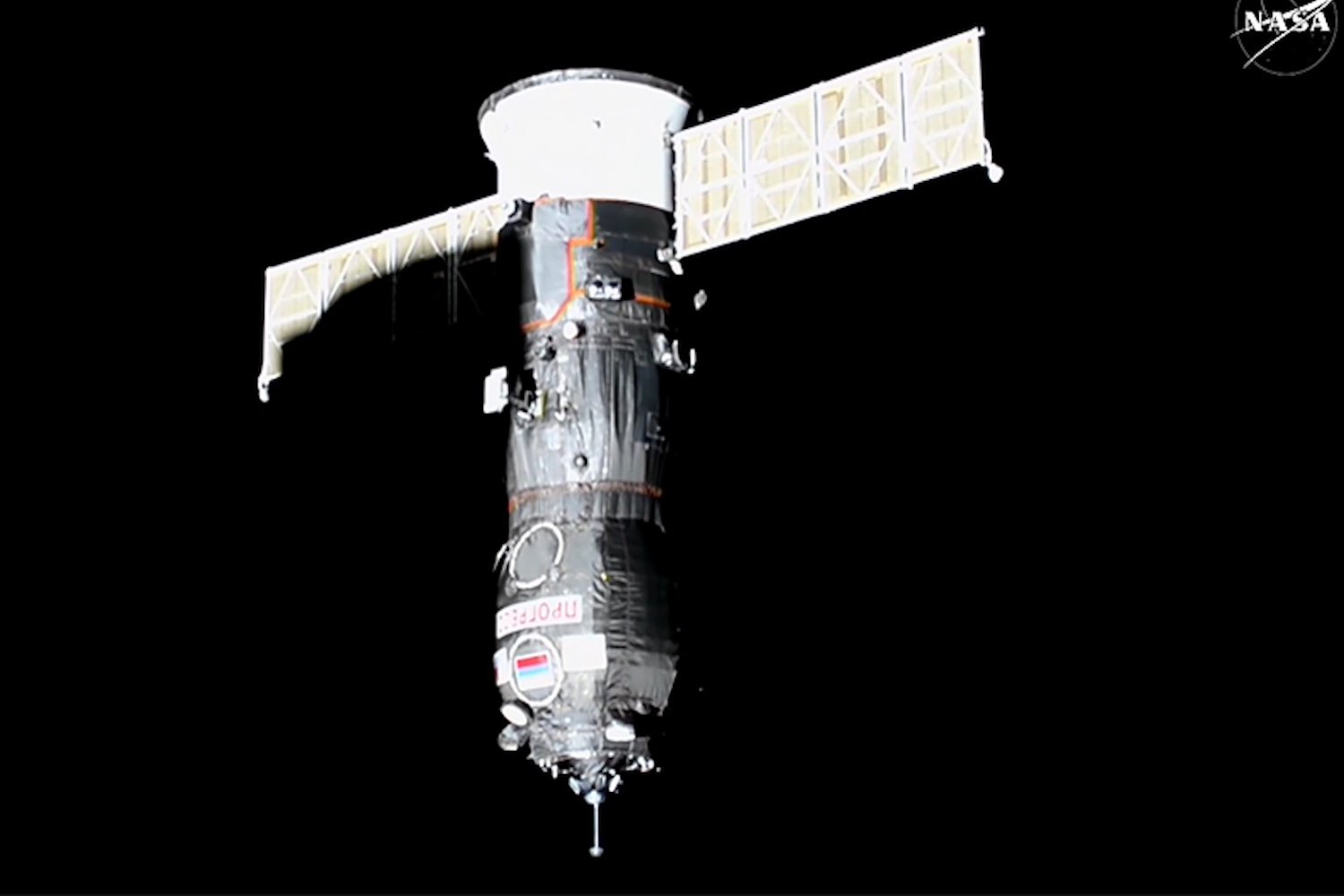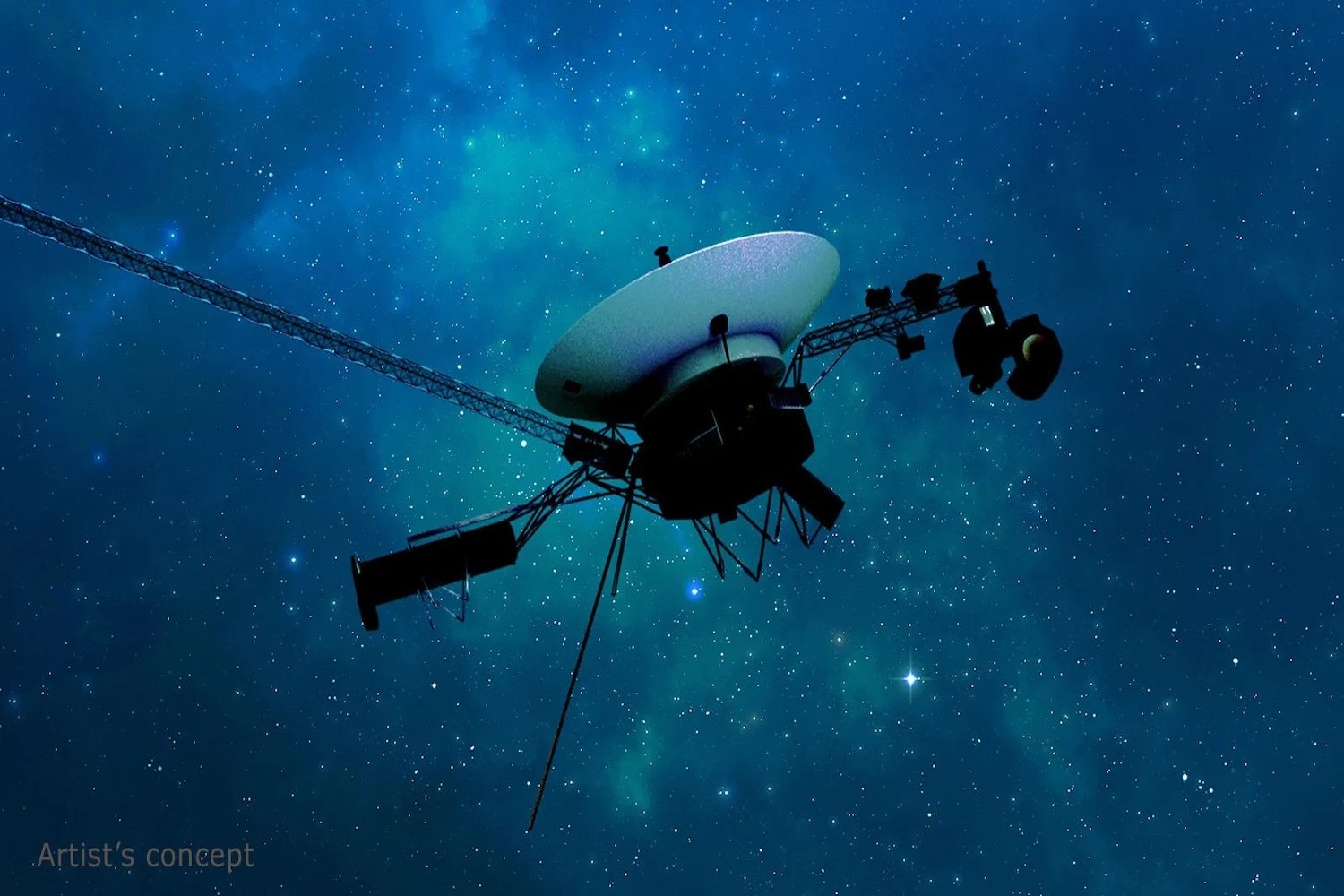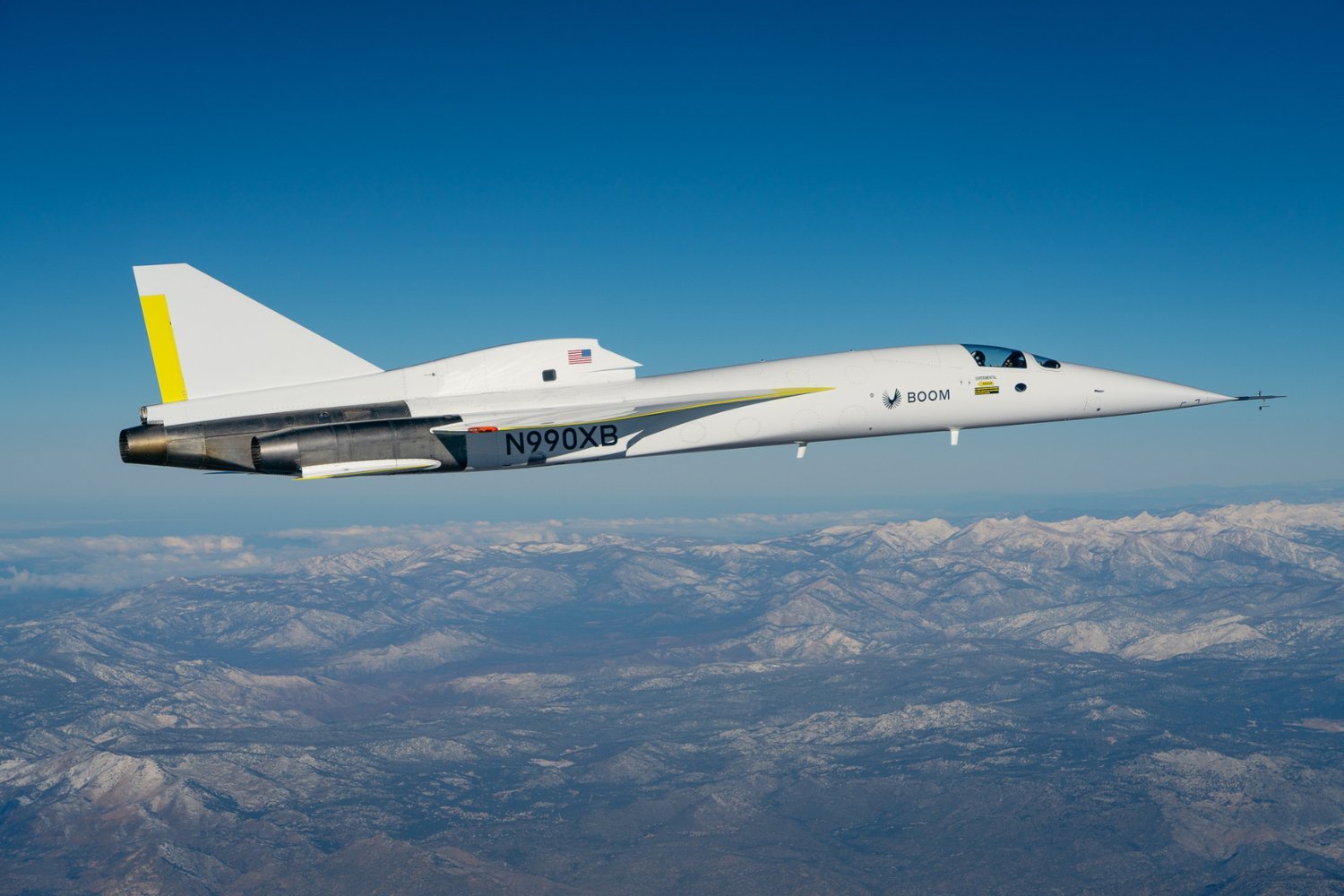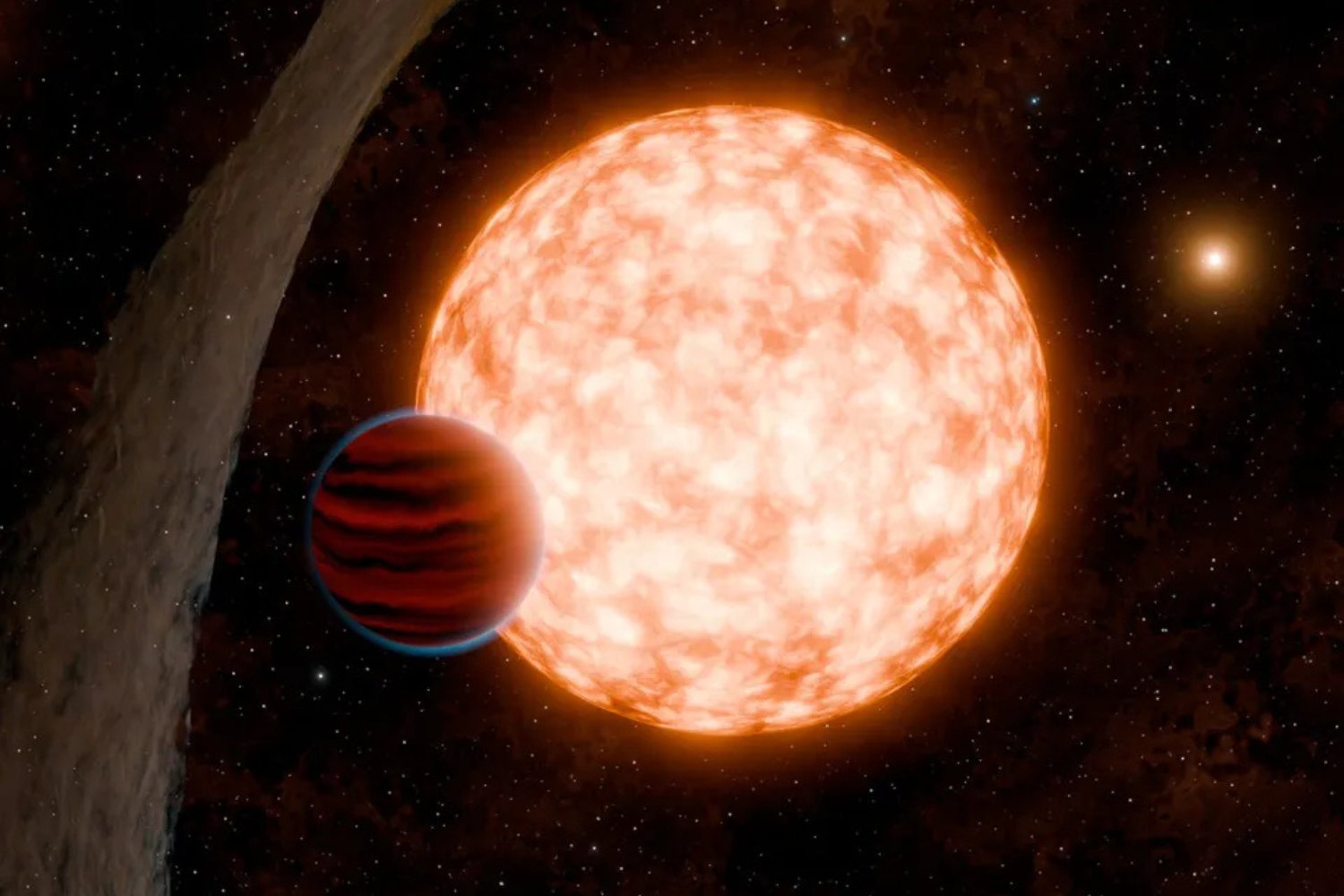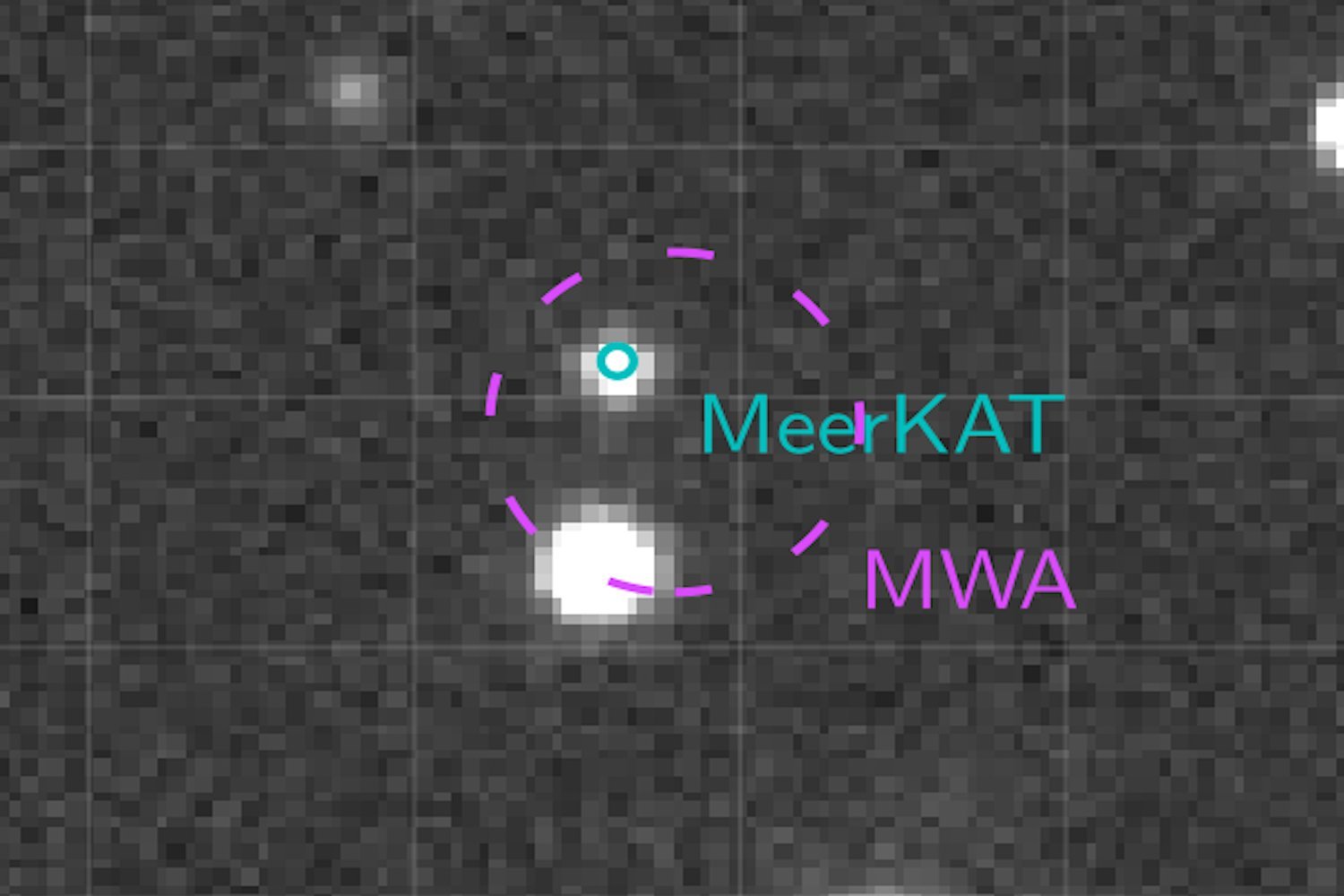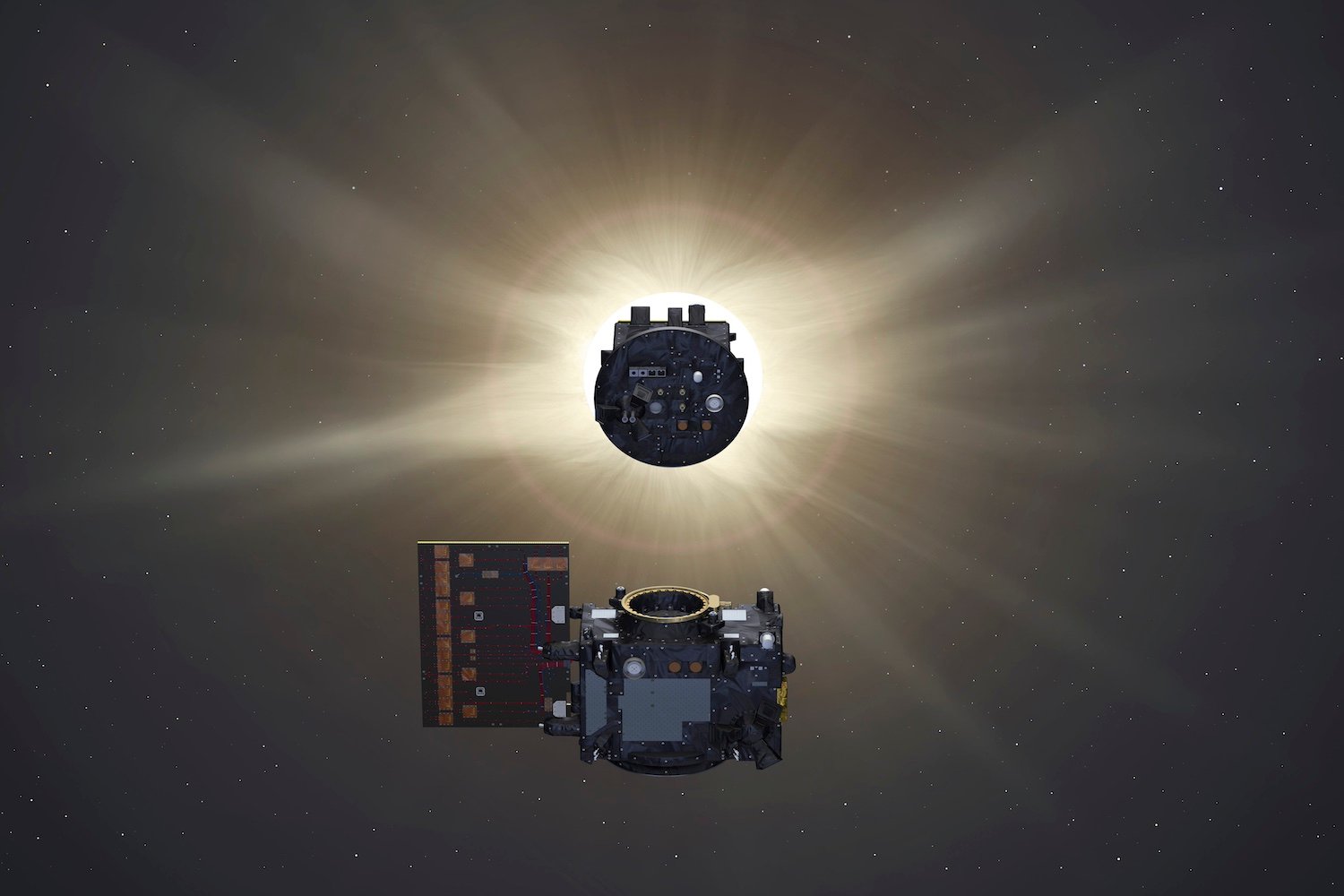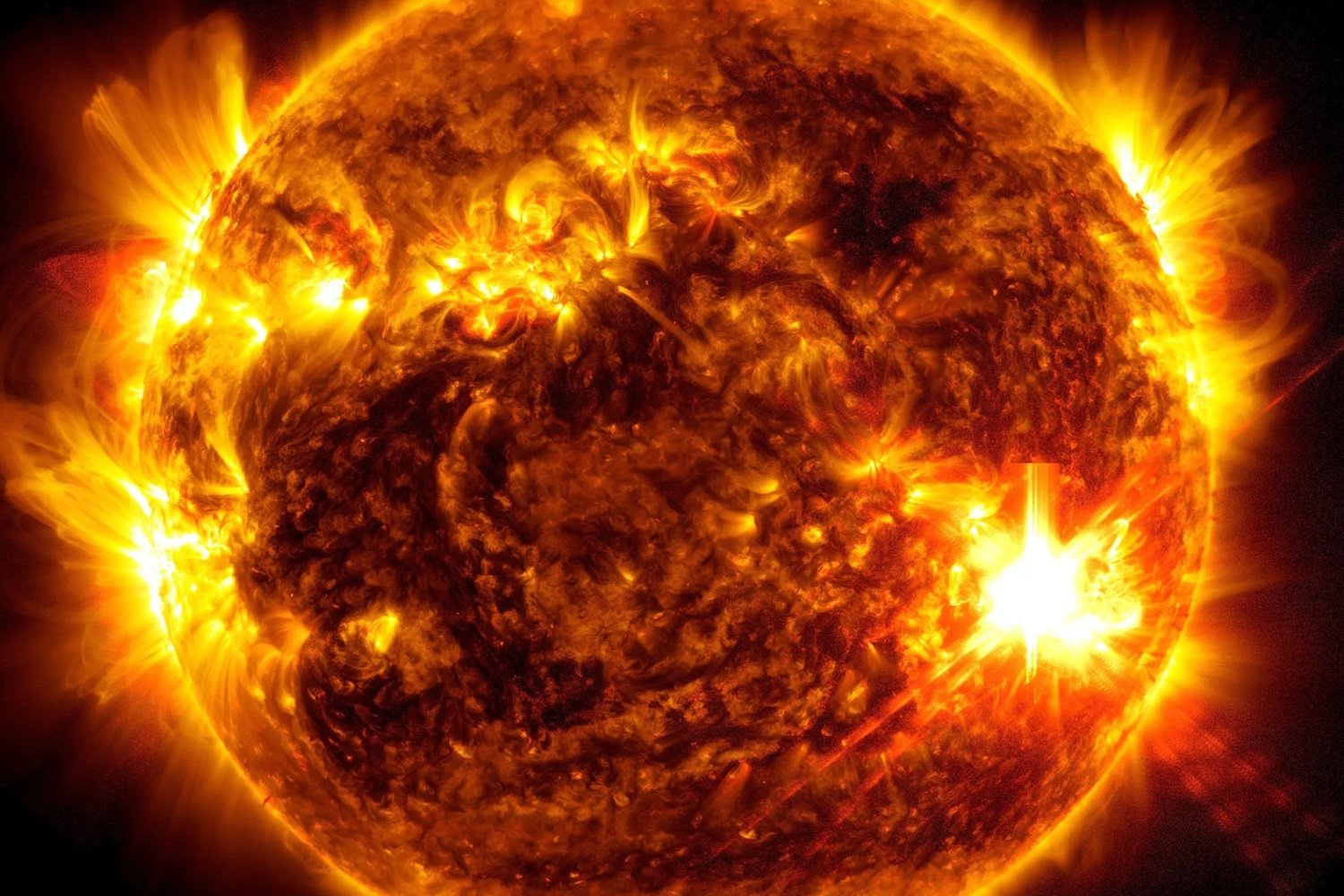The arrival of Russia’s Progress 90 cargo ship at the International Space Station (ISS) on November 23, 2024, brought more than just supplies. A noxious odor emanating from the spacecraft forced astronauts to quickly seal off the connecting hatch and initiate anti-contamination procedures.
The Progress 90, carrying approximately three tons of food, fuel, and other essential supplies for the Expedition 72 crew, docked with the Russian Poisk module at 9:31 a.m. ET. Upon opening the hatch, the crew detected a foul smell and observed droplets originating from the cargo ship. Fearing a potential contamination hazard, the Roscosmos cosmonauts immediately closed the hatch, as reported by RussianSpaceWeb.com based on communications between mission control in Houston and the ISS astronauts.
NASA Confirms Incident, No Safety Concerns
NASA confirmed the incident, assuring the public that the odor posed no immediate safety risk to the crew. Space station air scrubbers and contaminant sensors monitored the station’s atmosphere following the observation,” NASA stated on X (formerly Twitter). “On Sunday, flight controllers determined air quality inside the space station was at normal levels.” NASA further clarified that the crew was working to safely reopen the hatch between the Poisk module and Progress, with all other ISS operations continuing as planned.
Contamination Protocols Activated
According to RussianSpaceWeb.com, the Russian cosmonauts donned protective gear and activated air-scrubbing systems within the Russian module as a precautionary measure. The U.S. segment of the ISS also activated its own air purification system, the Trace Contaminant Control Sub-assembly, while the hatch to the Poisk module remained sealed. There was an unconfirmed report of a “spray-paint like” smell detected by NASA astronaut Don Pettit in a U.S. module, but the connection to the Russian cargo ship remains unclear.
Progress 90’s Mission and Disposal
The Progress 90 cargo ship is scheduled to remain docked at the ISS for approximately six months. At the end of its mission, it will be loaded with waste from the station and intentionally deorbited, burning up upon reentry into Earth’s atmosphere.
Ongoing Issues with the ISS Russian Module
This incident comes amidst pre-existing challenges with the ISS Russian segment. A persistent air leak, discovered in 2019 within the PrK vestibule connecting a docking port to the Zvezda module, has raised concerns. NASA recently elevated the leak’s risk level due to a doubling in the rate of air loss. The cause of the leak remains a point of contention between NASA and Roscosmos.
Previous Coolant Leaks in Russian Spacecraft
Furthermore, Russian spacecraft have experienced consecutive coolant leaks in recent years. In December 2022, a Soyuz spacecraft docked to the ISS exhibited a visible coolant leak. Subsequently, in February 2023, a similar leak was detected in the Progress 82 cargo ship.
Strained Relations and Aging Hardware
These incidents occur against a backdrop of strained relations between NASA and Roscosmos. While Roscosmos has tentatively agreed to participate in the ISS program until 2028, the station’s planned retirement in 2030 looms large. The aging infrastructure is increasingly exhibiting signs of wear and tear from the harsh space environment, with disagreements between the two agencies regarding the severity and implications of these issues.
The recent odor incident aboard the Progress 90 highlights the ongoing challenges and complexities of maintaining the ISS, a crucial international collaborative effort in space exploration.



